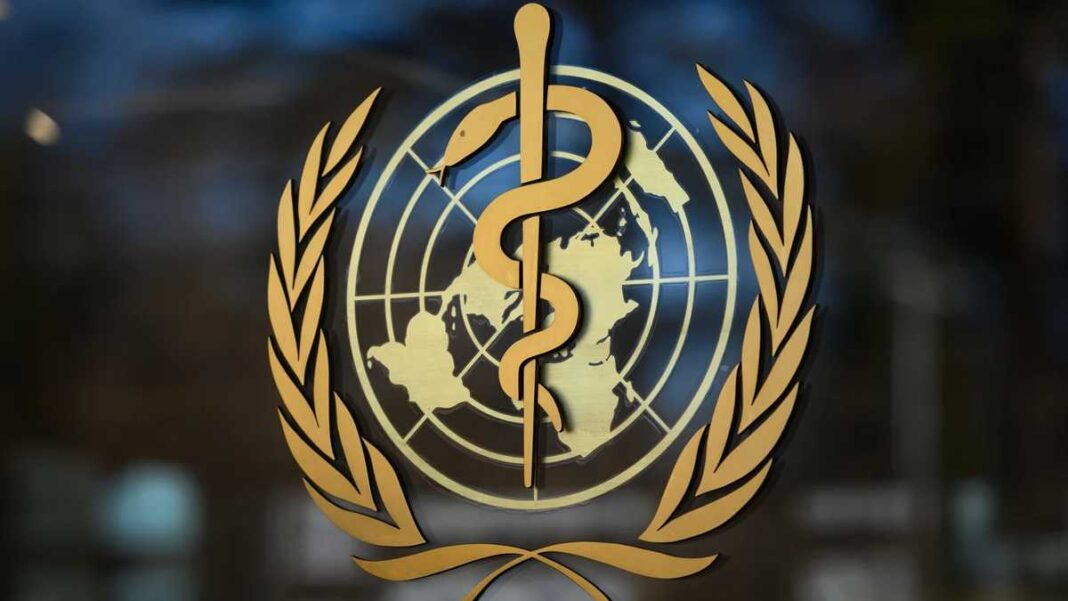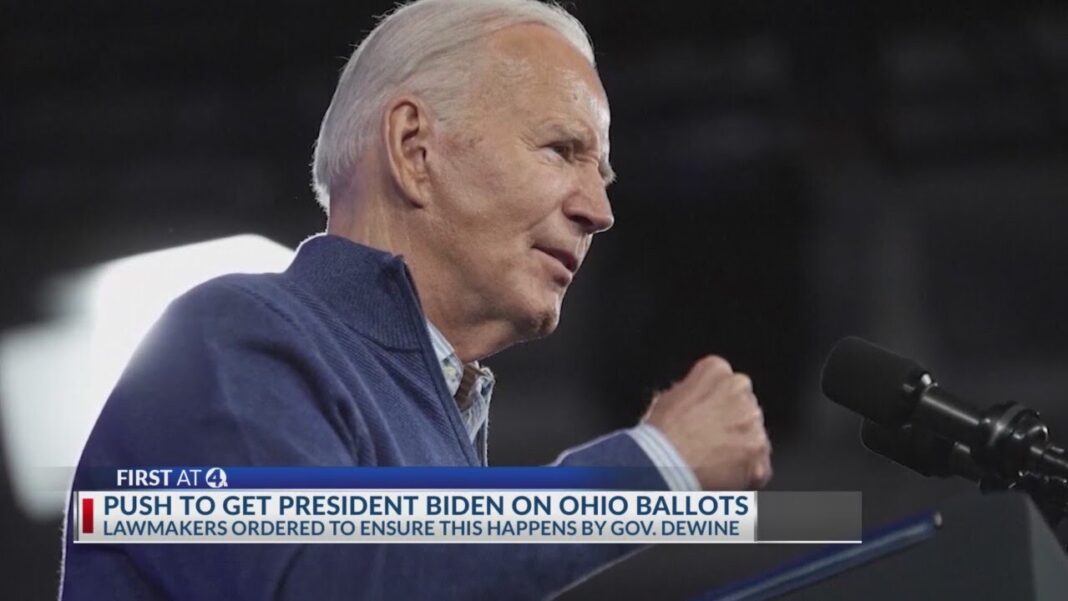‘Merchan just delivered the coup de grace instruction. He said that there is no need to agree on what occurred,’ law professor Jonathan Turley said.
Several legal experts have raised questions about Judge Juan Merchan’s instructions to the jury in former President Donald Trump’s business records falsification trial in New York, with some suggesting the instructions were prejudiced towards a guilty verdict because the judge told jurors that they don’t have to agree on elements of an underlying crime the former president allegedly committed in order to convict him.
Judge Merchan’s jury instructions could prove crucial in the case, in which the former president is accused of falsifying business records to conceal non-disclosure payments to a former adult film actress, because even small nuances in the instructions can make a big difference when a jury weighs whether to find President Trump guilty.
In a Manhattan courtroom on May 29, Judge Merchan instructed jurors about a key aspect of the case, namely the underlying crime of conspiracy to promote or prevent an election by “unlawful means” that elevates the misdemeanor of business records falsification to a felony. Prosecutors have charged President Trump with felony-level business records falsification, which requires the fraud to be carried out to conceal another crime.
The judge told jurors in his instructions that prosecutors must persuade them on two aspects of the count of falsifying business records in the first degree in order for them to convict: one is that President Trump “personally or by acting in concert with another person or persons made or caused a false entry in the records” of a business and, two, that the former president did so with the intent to commit or conceal another crime.
“If you find the People have proven beyond a reasonable doubt each of those two elements, you must find the defendant guilty of this crime,” he said.
The underlying crime that President Trump is being accused of intending to commit, aid, or conceal is a violation of New York Election Law section 17-152, which provides that “any two or more persons who conspire to promote or prevent the election of any person to a public office by unlawful means and which conspiracy is acted upon by one or more of the parties thereto, shall be guilty of a misdemeanor.”
By Tom Ozimek








